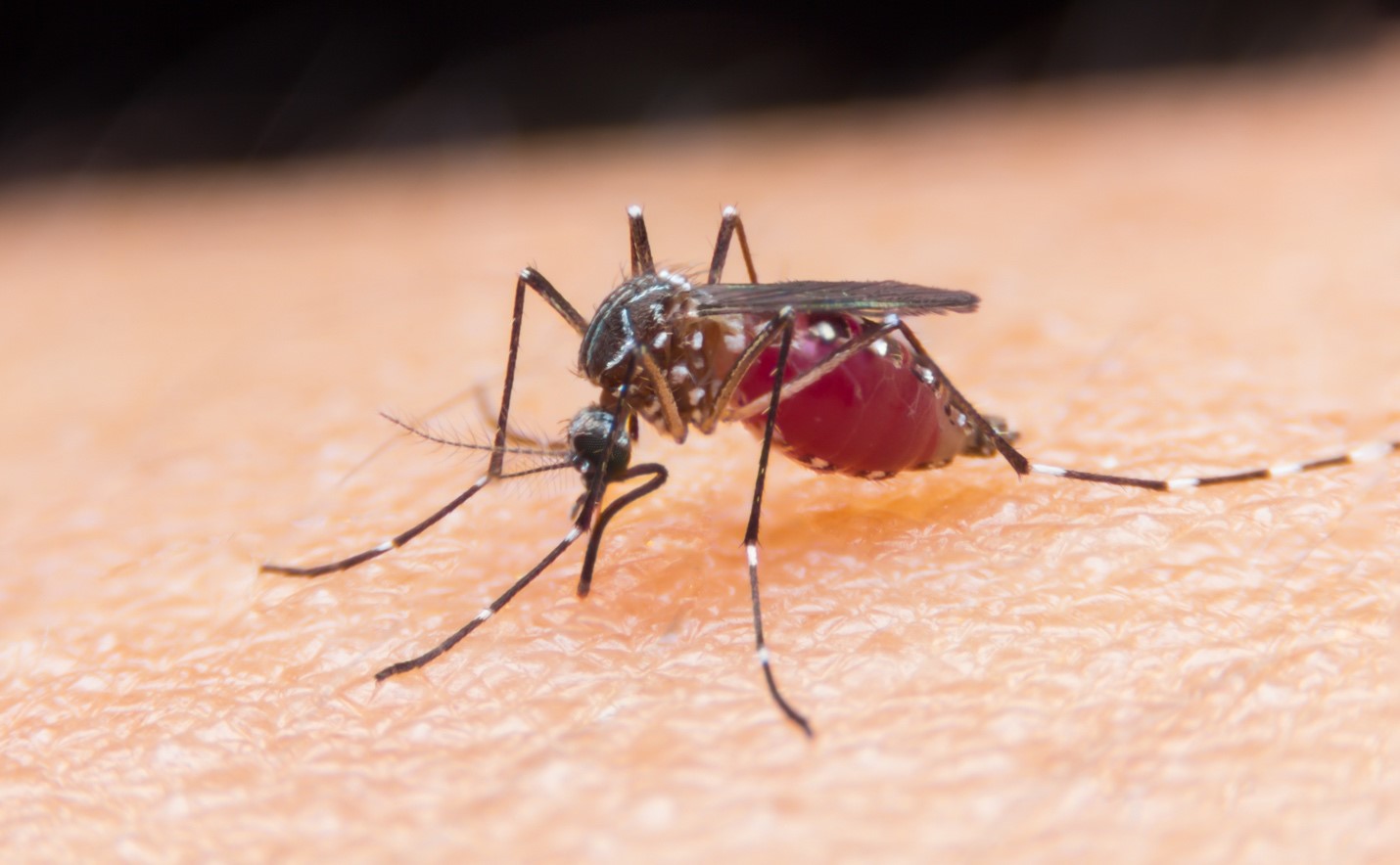What is Malaria Fever?
- 28 Jun, 2017
- Written by Team Dr Lal PathLabs
Medically Approved by Dr. Seema
Table of Contents

Malaria is a life-threatening disease that’s recognized as one of the major causes of deaths among millions of people across the globe for the past decade. It’s typically transmitted to humans through the bite of an infected female Anopheles mosquito. The bite of the mosquito allows the parasite to enter the human bloodstream through its saliva. The parasite then travels to the liver, where it matures, reproduces and causes damage to the internal system.
The disease is widespread in the tropical and subtropical areas as they offer the right climate and temperature to the parasites to breed and reproduce. As per 2015 estimations, nearly 296 million people across the globe have been the victims of this fatal disease. Till date, nearly 100 types of Plasmodium parasites have been identified which state the background of such an appalling number of Malaria cases. To give a rough idea, the following are major five types of parasites that make for main causes of Malaria in humans.
- vivax – Areas affected by this parasite include Latin America, Africa and the Asian continent. Because of high population in Asia, it is more widespread here. When found in liver, it’s in its dormant stage, which gets activated & invades the blood after months of existence in the body.
- falciparum – Most affected areas include the suburban areas and the tropics. But, the most prone areas of these is Africa. Almost a million people lose their lives every year owing to this catastrophic disease. The parasite multiplies at a rapid pace and is known to attack the brain blood vessels as well. It causes rapid onset of severe Malaria, including Cerebral Malaria.
- knowlesi – Southeast Asian regions are majorly affected by this type of parasite. It propagates very fast, which further causes woeful complications.
- Malariae – This Malaria parasite is the only human Malaria parasite. It has a three-day cycle. Chronic infection that lasts a lifetime can be caused by this parasite if left untreated. In the worst case scenario, it causes nephrotic syndrome.
- ovale – Biologically, it is more or less similar to P.vivax. The genetics of this parasite allows it to replicate in sub-Saharan African climate, and hence, it’s most common in the West African region.
Causes of Malaria
Malaria causes are atypical. An individual suffers from the disease of Malaria when infected by the Plasmodium parasite. The disease can be transferred from an infected mother to her unborn baby. Such a case is known as Congenital Malaria. On the other hand, the parasite can also be transmitted to other individuals, from an infected person, in the event of an organ transplant, blood transfusion or the use of same needles or syringes.
Symptoms of Malaria
Malaria symptoms are too similar to those witnessed in the case of influenza or a viral syndrome. Therefore, it’s quite hard to identify Malaria at once. But, there’s a fine line of difference between the signs and symptoms of these conditions, which apparently helps a physician suspect Malaria in a person.
In some people, Malaria symptoms may not surface for several progressive months. While in many other, they are prominently visible right away. Common symptoms of Malaria typically include:-
- chills that range from mild to severe
- coma
- high fever
- headache
- bloody stools
- muscle pain
- vomiting & nausea
- diarrhea
- profuse sweating
- anemia
- convulsions
Diagnosis of Malaria
In order to diagnose the disease of Malaria, a physician first examines the symptoms that a patient is experiencing along with his/her health history and recent travels. Post the thorough examination the physician may order a series of tests to confirm or deny the presence of the disease. These tests show:-
- whether or not a patient has Malaria
- the type of Malaria one has
- if anemia is an effect of the disease
- if the disease has caused damage to the vital organs
- if the infection is a cause of the presence of the parasite in the body that is resistant to certain drugs
Complications of Malaria
The disease of Malaria is known to cause many fatal, life-threatening complications. Some of these are as follows:-
- Cerebral Malaria or the swelling of the brain blood cells which
- Accumulation of fluids in the lungs, which leads to the onset of a severe breathing problem
- Organ failure, especially the kidneys, liver, and the spleen
- Anemia, as the parasite of Malaria, destroys red blood cells
- Low blood sugar levels
Treatment of Malaria
As stated above, Malaria is a life-threatening disease. The biggest challenges faced with the treatment of this disease include the lack of prominent visibility of symptoms which hint Malaria and its recurrence after the treatment. Parasites such as P.Vivax and P.ovale have the tendency to stay dormant in the liver for a prolonged period and cause Malaria several months after they entering the host body. Once the test for Malaria is done, a physician prescribes medications which are usually chloroquine, quinine, mefloquine, and doxycycline.
Malaria, if not treated timely, can lead to the death of the person. Every year, approximately 400,000 people die due to Malaria. Among these, the major chunk comprises of children belonging to the sub-Saharan African region. Species of parasites such as P.falciparum are complicated to treat and account for the high mortality rate when left untreated.
As such no Malaria vaccine has been developed due to the complex life cycle of the Malaria parasite(s). They are genetically complex in nature and hence, develop an immune response towards most treatment methods. They rapidly produce antigens which harm the red blood cells as well as the liver. Acquired immunity usually helps in protecting the health of an infected individual.
Malaria Prevention
Malaria prevention is possible by taking anti-malarial pills or by protecting oneself from mosquito bites. Pregnant women and young children are advised not to go to Malaria prone places. Travelers are also at a higher risk of getting infected. To prevent Malaria, the following measures must be taken:-
- Using bed nets (mosquito netting): They are most effective when they are treated with an insecticide.
- Wearing covered clothing: Covering most of the exposed skin with clothes and shoes so as to reduce the risk of bites.
- Applying insect repellent on all the exposed skin.
- Stay inside after dark or avoid going in gardens.
- DEET-containing insect repellent should be used.
- Using insecticide sprays indoors or around the sleeping areas.
- Avoid going to areas where Malaria or mosquitoes are present.
- Remove all the sources where stagnant water is present as it becomes the breeding ground of mosquitoes.
- Put few drops of Kerosene in stagnant water so as to prevent the mosquito from breeding.
People who receive treatment against Malaria live longer. If complications surface again in future as a result of Malaria, the outlook may not be as good as should be. Hence, early and right treatment is vitally essential. If a person experiences the slightest of Malaria symptoms, as listed above, must get himself/herself checked immediately in order to rule out Malaria or any other potential disease or condition. Nearly all the diagnostic centres and pathology labs of the nation offer tests against Malaria. Get one don away and rest assured!













